GDPR and Blockchain are geared towards Data Transparency
By MYBRANDBOOK
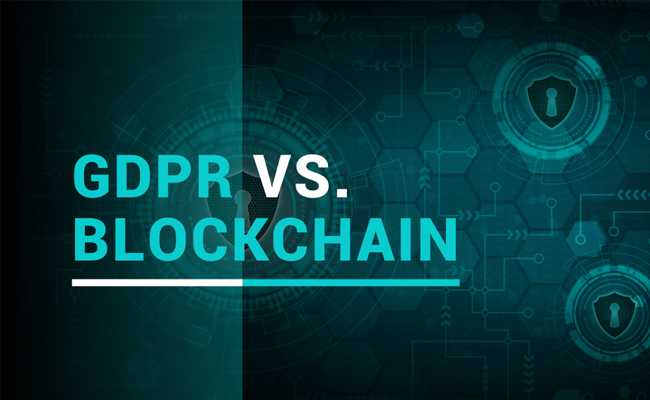
The GDPR has implemented in all across the entire EU and EEA region. It is applied to all companies selling to and storing personal information about citizens in Europe, including companies on other continents.
Whereas, Blockchain is a public ledger that is designed to store information which cannot be altered without recording the changes made. It was popularized as a tool for crypto transactions but has since been used in several business pursuits to promote transparency.
GDPR brings the citizens to respect their privacy and have greater control over their personal data and assurances that their information is being securely protected across Europe. According to the GDPR directive, personal data is any information related to a person such as a name, a photo, an email address, bank details, updates on social networking websites, location details, medical information, or a computer IP address.
Blockchain continues to disrupt several industries. But the financial sector, from which the technology was introduced, is now ever changed. Blockchain made it possible to improve transactions, in terms of transparency, through virtual currencies. At the sametime, it also gave birth to the hundreds of cryptocurrencies now in the market.
Blockchain is a technology with a high potential for development that raises many questions, including questions on its compatibility with the GDPR. As per the report, it is an almost direct clash of intentions, the GDPR has effectively banned the use of blockchain technology in Europe because of its immutable nature. The GDPR offers the power back to the individual to edit and delete data which falls into the hands of centralized authorities, but when there is no centralized authority, there is no need for data to be moved around. This is the crux of the GDPR’s clash with blockchain.
As both the GDPR and blockchain is the protection of data. Both are seeking increased security in regards to data as controllers, processors and sub-processors of data under the GDPR are held to high standards and with blockchain, the encryption and decentralized structure makes the network highly tamper-resistant.
Now a question comes on what will happens to Europe and the next technological wave?


Legal Battle Over IT Act Intensifies Amid Musk’s India Plans
The outcome of the legal dispute between X Corp and the Indian government c...

Wipro inks 10-year deal with Phoenix Group's ReAssure UK worth
The agreement, executed through Wipro and its 100% subsidiary,...

Centre announces that DPDP Rules nearing Finalisation by April
The government seeks to refine the rules for robust data protection, ensuri...

Home Ministry cracks down on PoS agents in digital arrest scam
Digital arrest scams are a growing cybercrime where victims are coerced or ...

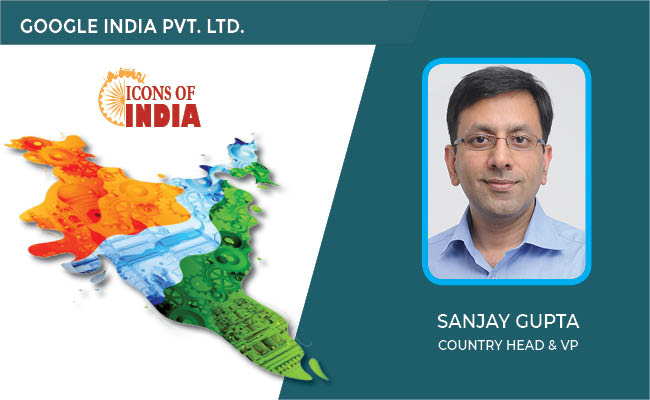
ICONS OF INDIA : SANJAY GUPTA
Sanjay Gupta is the Country Head and Vice President of Google India an...

Icons Of India : ASHISH KUMAR CHAUHAN
Ashish kumar Chauhan, an Indian business executive and administrator, ...
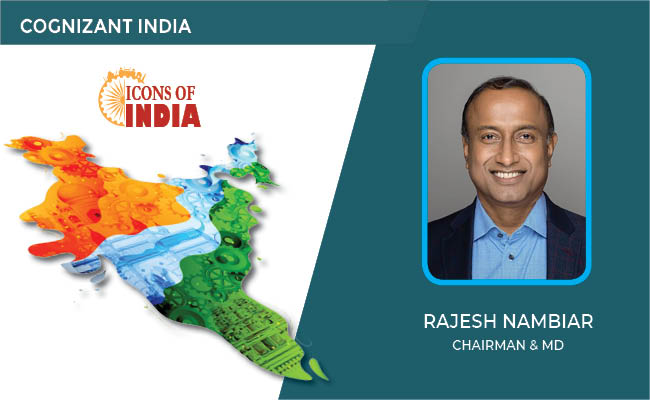
ICONS OF INDIA : RAJESH NAMBIAR
Rajesh leads the company’s India associates and enhances relationshi...

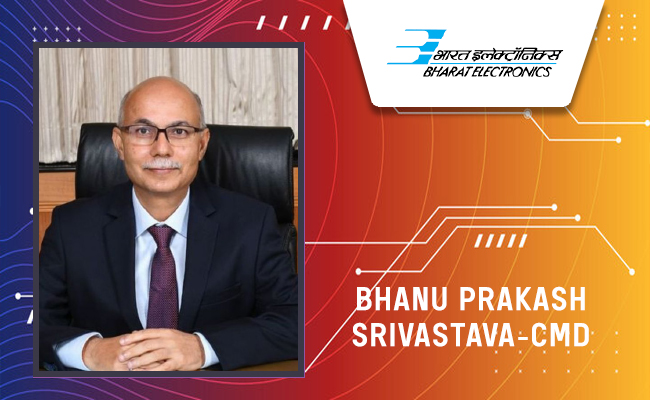
BEL - Bharat Electronics Limited
BEL is an Indian Government-owned aerospace and defence electronics co...
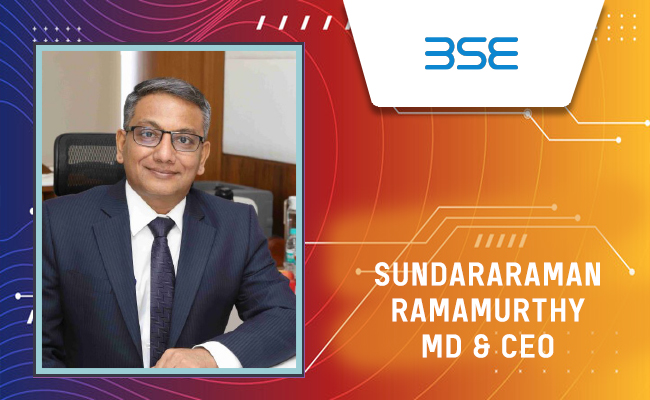
BSE - Bombay Stock Exchange
The Bombay Stock Exchange (BSE) is one of India’s largest and oldest...
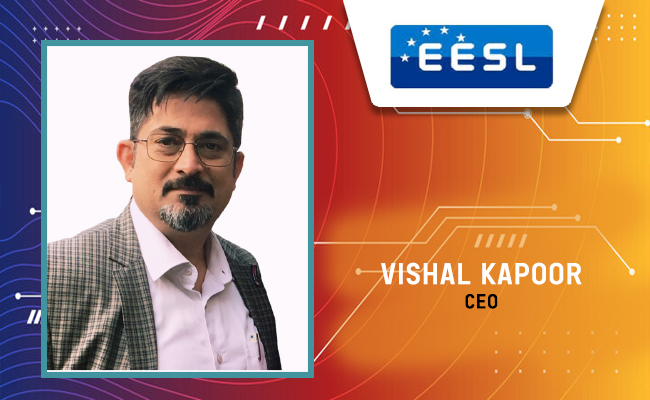
EESL - Energy Efficiency Services Limited
EESL is uniquely positioned in India’s energy sector to address ener...

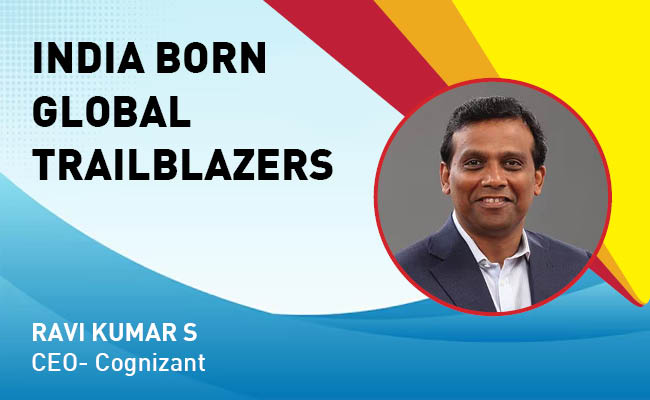
Indian Tech Talent Excelling The Tech World - RAVI KUMAR S, CEO- Cognizant
Ravi Kumar S, appointed as CEO of Cognizant in January 2023, sets the ...
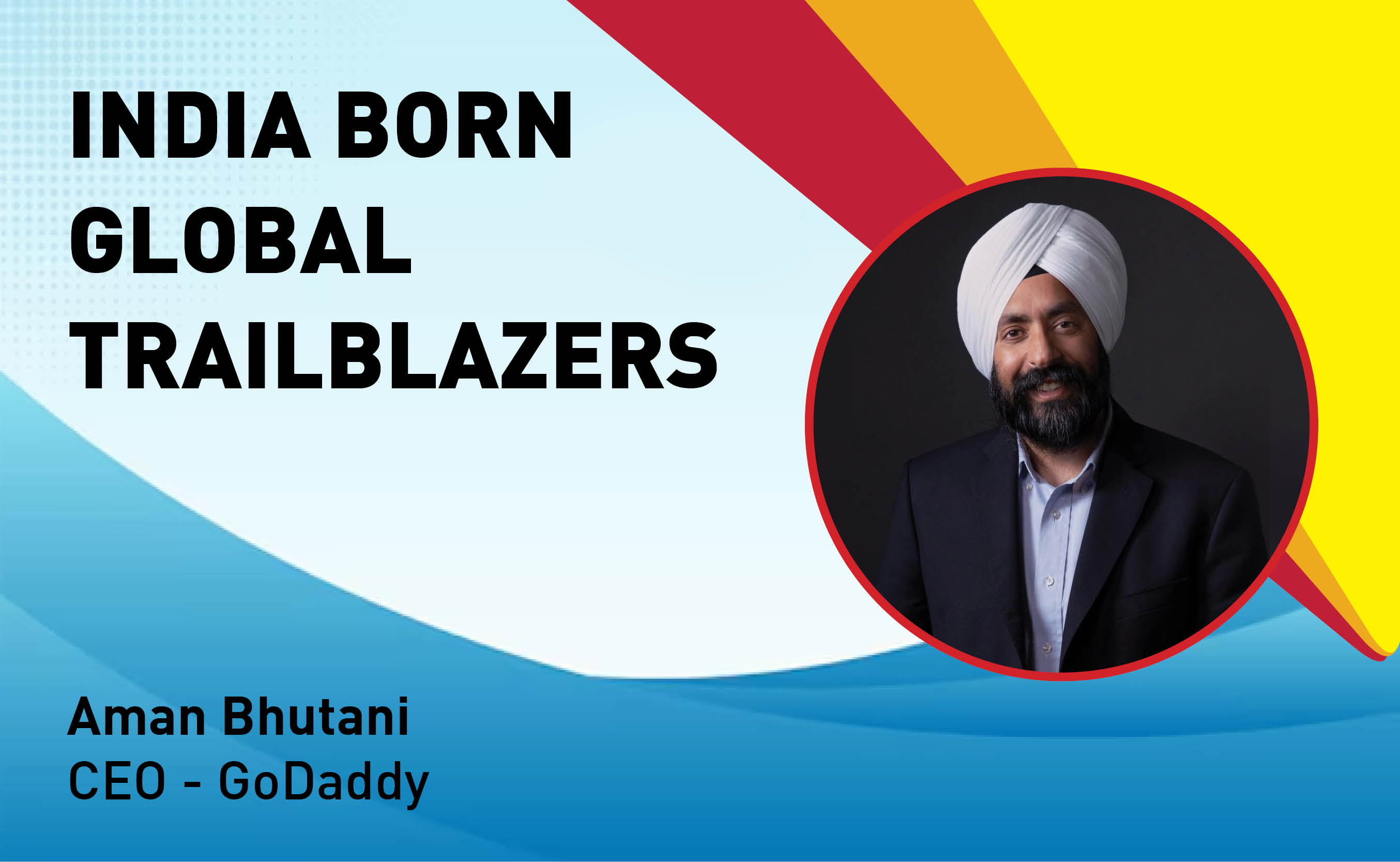
Indian Tech Talent Excelling The Tech World - Aman Bhutani, CEO, GoDaddy
Aman Bhutani, the self-taught techie and CEO of GoDaddy, oversees a co...
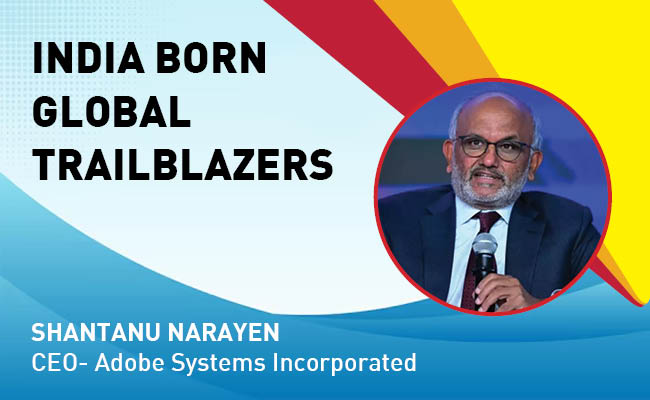
Indian Tech Talent Excelling The Tech World - Shantanu Narayen, CEO- Adobe Systems Incorporated
Shantanu Narayen, CEO of Adobe Systems Incorporated, is renowned for h...
 of images belongs to the respective copyright holders
of images belongs to the respective copyright holders